BCA Specialization in Data Science
Other Specialization:
Overview
Bachelor of Computer Application (BCA) program in Data Science is a comprehensive three-year course designed to equip students with a strong foundation in computer science and advanced skills in data analytics. The curriculum covers core subjects such as Programming Languages (C, C++, Java), Data Structures, and Database Management Systems, alongside specialized modules in data science, machine learning, statistical analysis, and big data technologies like Hadoop and Spark. Students engage in hands-on projects and internships to apply data science techniques to real-world scenarios, gaining practical experience. Our expert faculty, industry-aligned curriculum, and emphasis on practical learning ensure that graduates are well-prepared for roles such as Data Scientist, Machine Learning Engineer, Big Data Engineer, and Business Intelligence Analyst. We also provide career support services, including counseling and placement assistance, to help students transition smoothly into the data-driven industry. With a focus on holistic development encompassing technical skills, soft skills, and critical thinking, our specialized BCA program in Data Science offers a comprehensive pathway to success in the dynamic field of data analytics and machine learning.
Scope of BCA Specialization in Data Science
According to US Bureau of Labor Statistics, The employment outlook for computer and information technology occupations is exceptionally promising, with a projected growth rate significantly higher than the average across all occupations from 2022 to 2032. On average, approximately 377,500 job openings are anticipated each year within these fields. This surge is attributed to both the expansion of employment opportunities and the imperative to fill positions vacated by workers departing these occupations permanently. The robust projection underscores the ongoing demand for skilled professionals in the computer and information technology sectors over the next decade.
Department
at a Glance
- Mission
- Faculty
- Curriculum Highlights
- Facilities and Resources
- Career Opportunities
Exclusive
Labs
- Microsoft Innovation Center
- Microsoft - Global Technical Support Center (GTSC)
- IBM Software Lab For Emerging Technologies
- Oracle Academy Lab
- Unisys Innovation Labs
Your Department in a Nutshell
- Achievements
- Patents
- Research
- Expert Sessions
- Activities
- Labs
Eligibility & Fee Details
For Indian Students : 10+2 or Equivalent Examination with 50% marks
Course Fee | |
|---|---|
Admission Fee (one time) | 5000/- (at the time of admission) |
Tuition Fee | 35000/- Per Semester |
Examination Fee | 3000/- Per Semester |
Development Fee | 3000/- Per Semester |
Caution Money (one time) | 3000/- (Refundable) |
Scholarship Criteria
Based on performance in qualifying exam
| % in Qualifying Class [1] | Scholarship on Tuition Fee | |
|---|---|---|
| Above 90% | 20% | |
| 85% – 89.99% | 10% | |
| 75% – 84.99% | 5% | |
- Early Admission Benefits Upto Rs. 3000/- Admission Taken Before 15th July 2024
- Scholarship in Tuition fee (for all 6 semesters): up to 20% based on academic performance.
Why Join BCA Specialization in Data Science?
Joining a BCA specialization in Data Science can be a compelling choice for several reasons:
- High Demand for Data Professionals: Data is increasingly recognized as a valuable asset across industries, leading to a growing demand for professionals who can extract insights and drive decision-making through data analysis.
- Lucrative Career Opportunities: Data science offers a wide range of career paths with competitive salaries and opportunities for advancement. Roles such as data analyst, data scientist, and machine learning engineer are in high demand and offer attractive compensation packages.
- Versatility and Application: Data science skills are applicable across various domains, including technology, finance, healthcare, marketing, e-commerce, and government. This versatility allows graduates to explore diverse career opportunities and industries.
- Addressing Real-World Challenges:Data science enables professionals to tackle complex problems and derive actionable insights from vast amounts of data. Joining a specialization in Data Science equips students with the tools and techniques needed to address real-world challenges and make informed decisions.
- Innovation and Cutting-Edge Technologies: The field of data science is dynamic and constantly evolving, driven by advancements in technology and new methodologies. Joining a BCA specialization in Data Science allows students to stay at the forefront of innovation and work with cutting-edge tools and technologies.
What makes Department
of BCA Specialization in Data Science unique?
The Department of BCA Specialization in Data Science can distinguish itself in several ways to offer a unique and compelling educational experience:
Placements










Recruiters Tie Up's
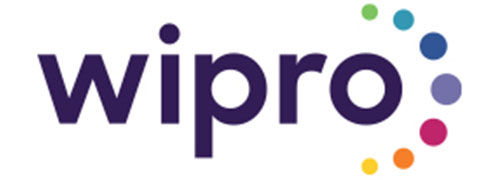



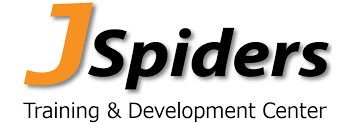

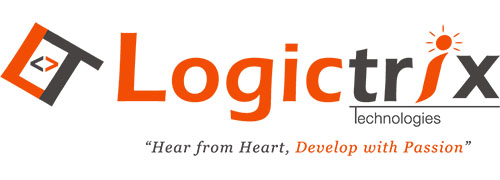
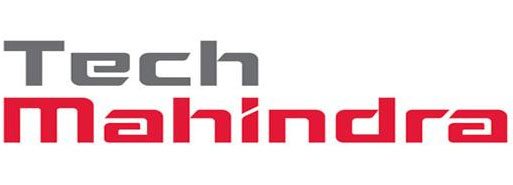
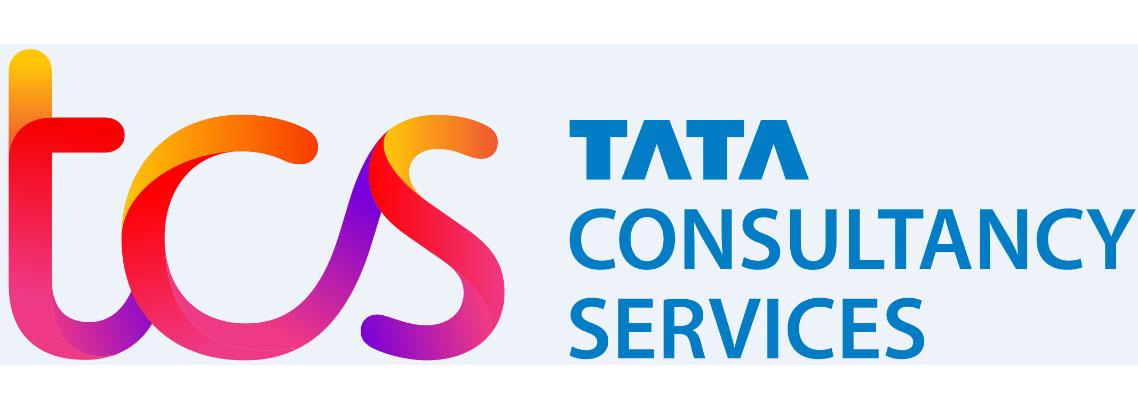

Our Students Speak

Package: 3.5 LPA

How to Apply
Steps to Follow
Frequently Asked Questions
BCA Specialization in Data Science at Career Point University
The BCA Specialization in Data Science program at Career Point University typically spans three years, divided into six semesters.
To be eligible for admission, candidates must have completed 10+2 (or equivalent) with a minimum aggregate score as per university guidelines. Additionally, proficiency in mathematics and computer science is preferred.
Career Point University’s program stands out due to its industry-aligned curriculum, hands-on learning approach, and strong focus on practical skills development. Students benefit from state-of-the-art facilities, experienced faculty, and opportunities for internships and industry projects.
The curriculum includes foundational courses in computer science, mathematics, and statistics, along with specialized subjects such as data mining, machine learning, big data analytics, and data visualization.
Yes, Career Point University facilitates internships and industry interactions to provide students with real-world experience and exposure to industry best practices. These opportunities help students apply theoretical knowledge in practical settings and enhance their employability.
Graduates of the program can pursue diverse career paths in data analysis, machine learning, artificial intelligence, business intelligence, and related fields. They may work as data analysts, data scientists, business analysts, data engineers, or pursue advanced studies in the field.
Yes, Career Point University provides comprehensive placement assistance to its graduates, including career counseling, resume building workshops, mock interviews, and connections to potential employers. The university has a strong network of industry partners across various sectors.
Interested candidates can apply for admission online through the university’s official website or offline by visiting the admissions office. The application process typically involves submitting required documents, appearing for entrance exams (if applicable), and participating in counseling sessions.
Career Point University offers scholarships and financial aid programs based on merit, academic performance, and financial need. Eligible students can explore various scholarship opportunities and apply accordingly.
For more information about the program structure, admission requirements, faculty profiles, and facilities, prospective students can visit the university’s website, contact the admissions office, attend information sessions, or schedule campus visits.






